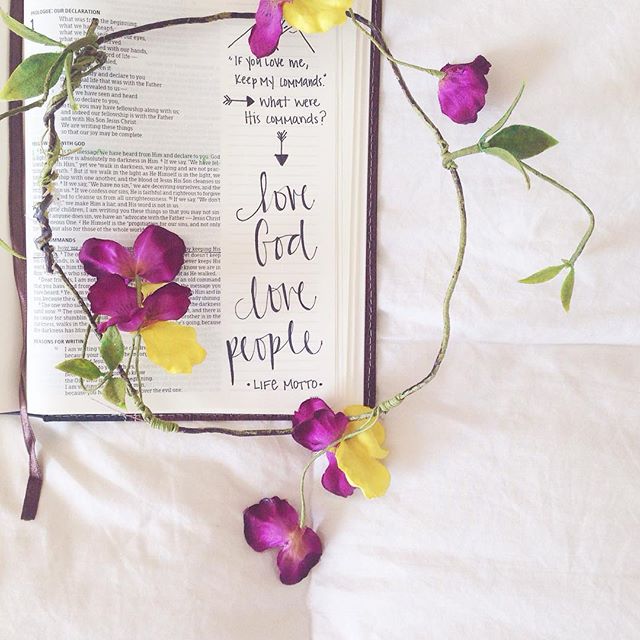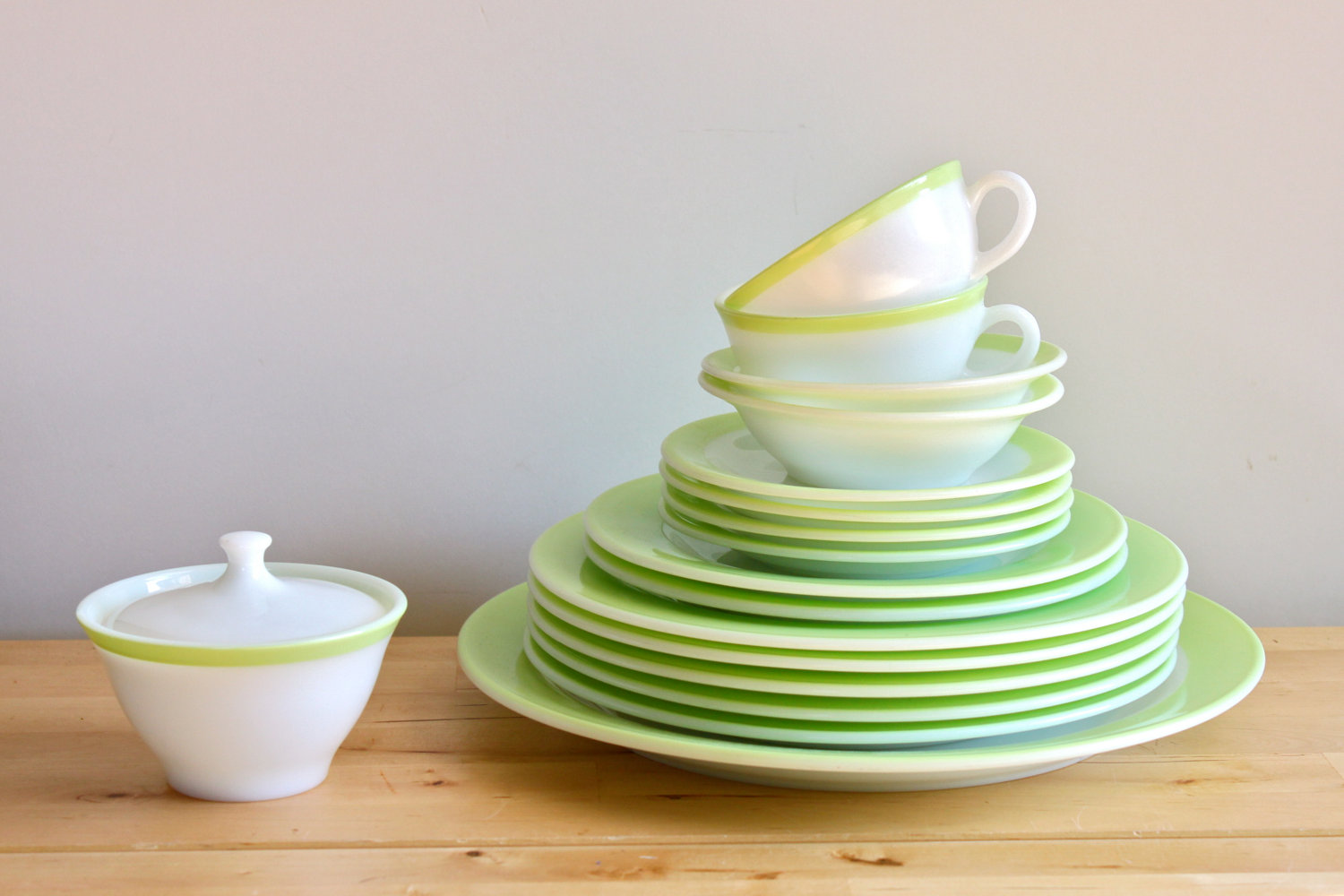I’ve been wrestling with a feeling that comes from knowing something that no one else does and the complete inability to explain it effectively.
I suppose I knew this would come. I knew from the many articles I read and the textbooks on missions I sifted through in the public library before moving overseas. I knew from the conversations I had with seasoned friends who had waded through the depths of it and come out different.
But I never realized that the profound thing that would shake me so deeply was that I was like them and they were like me. That the one lone factor that stood out more than all of the rest would be a sameness. That I would begin to feel ashamed of the way we exploit the poor, and that I would gain a camaraderie with the Peruvians that grew with each passing day living in their country, walking down their streets.
I used to write a phrase all the time that a lot of people in missions write all the time. “The poorest of the poor.” It’s common. I read it in books and on websites and in magazines. I may have written it to you in a newsletter or a missions update. Maybe you’ve written it or said it yourself.
Somewhere in this journey of living in Peru as a missionary, I couldn’t say those 5 words anymore. I can’t pinpoint the first moment that I felt saddened by the phrase or the first time I was ashamed to translate it into Spanish. I just know that a moment came when I could no longer say it. I could no longer define people with those 5 words.
It was strange to refer to my neighbors as the poorest of the poor. It was strange to receive pats on the back from ministering to the poor when in reality those people had become our closest friends and shown us a kind of love that we had never experienced before.
It was those friends who took us by the hand and lifted us up after our hardest months in Peru. It was them who invited us into their homes for meals when our hearts were aching for our own parents. They were the ones who stood beside us when we faced an abusive religious environment for the first time in our lives and came out broken.
There is something that happens in your heart when you are away from home with a baby and you can’t be with your family. There’s something that happens when a family in your host country shows you such sweet kindness and invites you into their home as if you were their own children. There’s something so sacred about having a place where you are always welcome and a family who offers you a seat at their table. Maybe that’s where it all changed for me. Somewhere in all of the thousands of moments that made us family.
I tried for months to articulate my feelings to Chris and I stuttered and stumbled through the things I didn’t know how to say. I was deeply thankful for the understanding in his eyes, and the fact that I never had to even finish the thought because he too had lived it alongside me.
And so I was stuck with an inability to communicate one of the most important things I felt that I had ever learned. It wasn’t until just a few days ago, climbing in the foothills of the Andes mountains and praying for a Peruvian woman, that I found the words.
There were a million reasons we were different. I could have defined her by the 2 rooms that she, her grandmother, and her 3 children shared or the thin mattress on the floor where she slept. I could have defined her by the two plates of food on the table that had to be shared between 5 people. Or the way her bathroom was a hole in the ground behind her house. Maybe I would have defined her by those things before. On one of my first mission trips. When I first moved to Peru.
But a few days ago, the first thing I noticed about the Peruvian woman living on the mountain was that in our hearts, we were the same. She looked into my eyes and asked for prayer for her children and I recognized the kind of love that only a mother knows. The kind of love that causes you to always watch for your babies out of the corner of your eye. The way you never stop thinking about whether or not everyone has eaten enough or taken their nap or is putting something hazardous in their mouth. I looked at the woman who was living in a shanty home and I didn’t see the poorest of the poor. I saw a daughter of God, a mother, a friend. I saw her for the million things that make her who she is. The stickers and sparkly letters that she had carefully laid out on the shelf for her children to play with. Her beautiful smile. The way her hair was black like granite and her almond shaped eyes.
The poorest of the poor is a defining sentence. There is power in the words that we speak. I can no longer speak those 5 words over an entire nation and declare poverty over them. What if we replaced that phrase with the most beautiful people or the best cooks or the most hardworking or the children of God. What if we stopped selling them for their lack and started calling them out by their true identities as valuable, precious, and beloved.
I believe that we can call out the gold in people. That we can see them for who God created them to be and not for what the hardships of poverty, war, and terrorism have shaped them to be. The truth is that they are worthy of love for the same reason that you and I are worthy of love. We were all created, beautifully, with purpose and with destiny. I love the Amplified Bible’s version of Ephesians 2:10.
“For we are His workmanship [His own master work, a work of art], created in Christ Jesus [reborn from above—spiritually transformed, renewed, ready to be used] for good works, which God prepared [for us] beforehand [taking paths which He set], so that we would walk in them [living the good life which He prearranged and made ready for us].”
I believe this verse for myself and my family. I believe it for you. I believe it for the Peruvian woman on the mountain and for her 3 precious children. I believe it for our country and for the country of Peru. I believe it for each person no matter their age, race, denomination, or social status. Jesus was a king who ate with prostitutes and thieves. He saw the gold in them and He saw their true identities as God created them to be. I want to see with His eyes and value people as He did. Let’s change the way we define those that God has given us the honor of serving.
With messy hair and wild grace,
Ellyn





4 Comments
Outstanding. This is beautiful, Ellyn. I love your heart and your willingness to share it with others. You bless the souls of many, deeply and richly.
Pingback: Let’s Visit South America! — Missionary Blog Watch
Wow, that so well describes things. I work in villages of Africa and to many would see them to be poor. But they have what they need and they find joy in their situation. I have friends here. They serve the Lord in so many ways. They are my siblings in Christ.
Many organizations strive to “fix” their issues of low income. But I work with them to win others to Christ.
Pingback: May our motives be pure. – The Lily and The Sparrow